Traditional urban men’s dress of Saudi Arabia – continued
Bisht
On the occasions that require formal attire, like official gatherings or weddings, Saudi men wear a full-length mantle named bisht. While in the old times this garment was worn to protect the owner from weather conditions, nowadays it serves as an elegant and distinguished symbol of status.
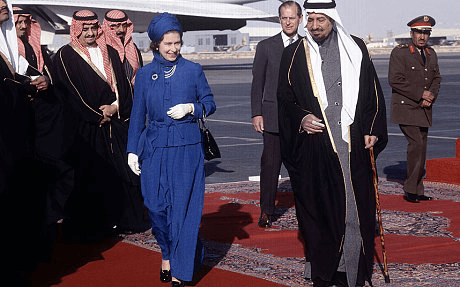
Saudi bisht worn on official occasion.
It’s finely woven and lightweight, usually made of camel or sheep wool, in black, cream, or brown classic colors, the woolen fabric is so thin that it is semi-transparent. Maroon or gray colors are preferred by the youth.
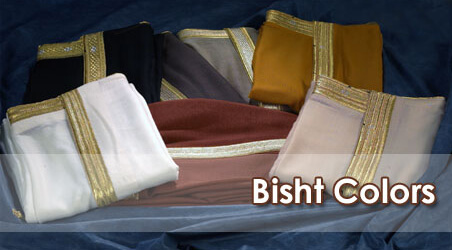
Optional colors of formal bisht.
Image source unknown.
The cut of the men’s bisht is almost similar to the women’s outer wear, however its purpose differs. A man wearing a bisht is seen as a person of authority and respect. It was said in the old days that one bisht was more valuable than all other garments in a man’s closet.
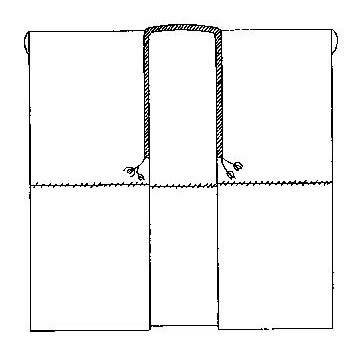
The standard cut of a Saudi Arabian man’s bisht
Image source The Art of Arabian Costume book by Heather Colyer Ross
The high quality ceremonial bishts have the neck line embroidered with gold (and some silver) metal thread needlework, gold soutache trimming runs along the shoulder line and around the openings for the wrists. There are decorative cords with tassels at each end of the neck band.
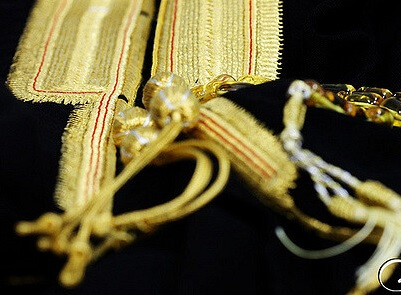
Details of bisht gold thread embroidery and tassels
Image source unknown
This type of more expensive bisht is called “bisht zari” or “embroidered mantle”, and the thread which is being used is silk or cotton, covered with real gold. The gold handmade embroidery takes from 80 to 120 hours and four tailors, each with one specific task.
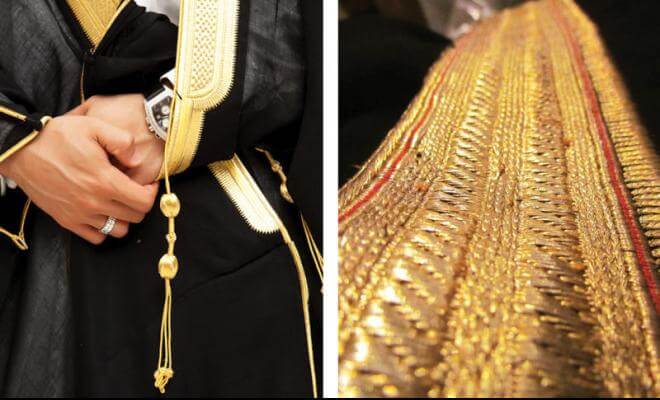
Fine details of hand-embroidered Saudi bishts
Women don’t participate in tailoring or sewing, but occasionally in producing yarn. All tailors and embroiders are male.
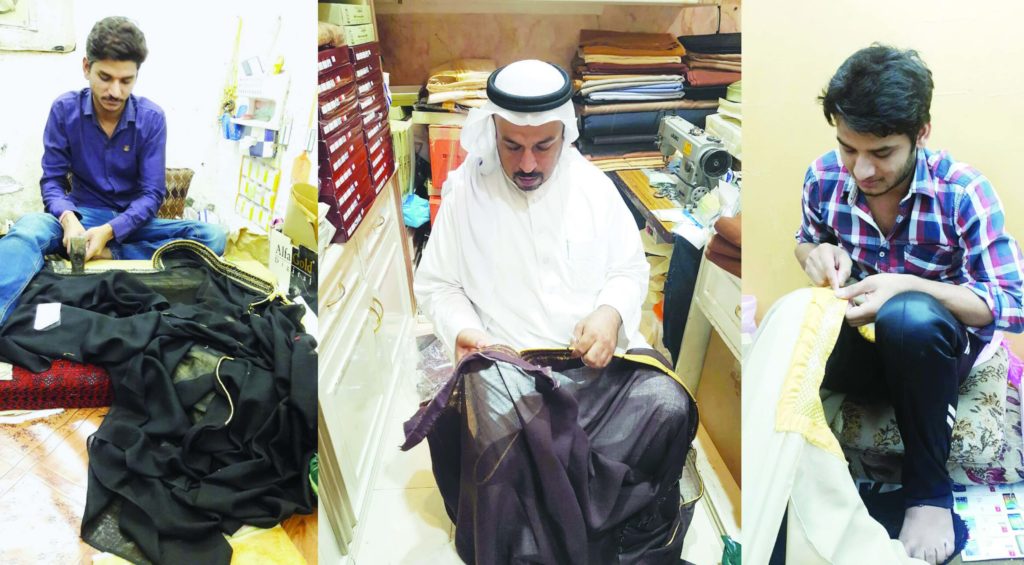
Men working at various stages of making bisht
Although there are other old factories in the Gulf that make bishts using traditional handmade way of production, like Al Baghli family in Kuwait for example , Saudi artisans from Al-Ahsa are known all over the Arabian Peninsula. By the way, the most famous bisht maker Al Baghli in Kuwait has its roots from Al-Ahsa, Saudi Arabia
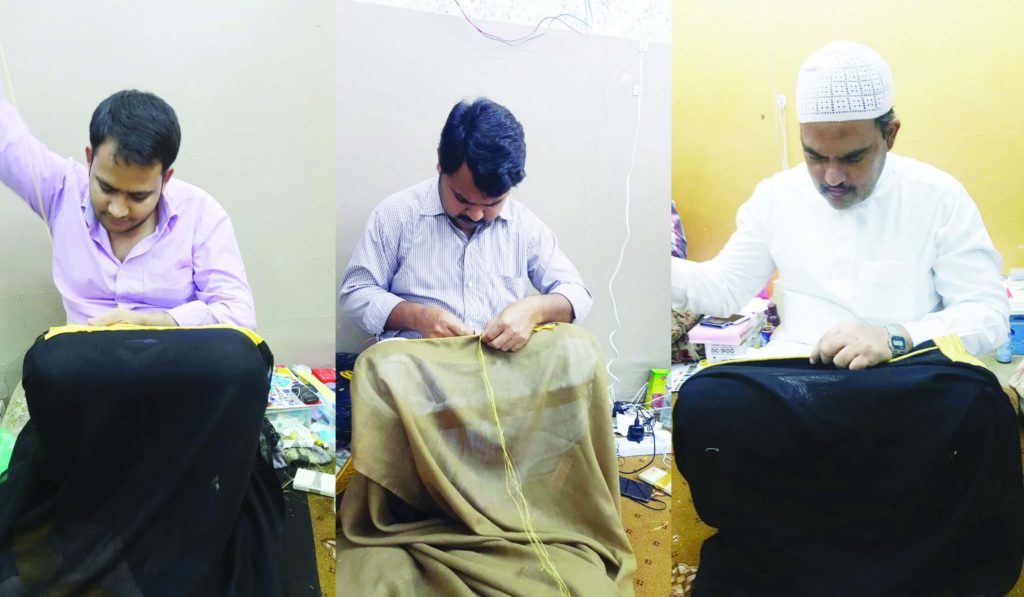
Men working on embroidery on the collars of bishts
Al-Ahsa area in the Eastern Province of Saudi Arabia has the best bisht tailors for over 200 years. Despite its loose style the bisht is not a “one-size” garment, it’s tailored for each customer, and there are several basic fitting designs. A regular size bisht would require about 8 meters of fabric.
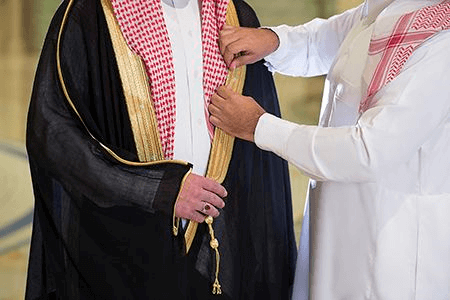
Fitting a Saudi bisht
Although the origin of the word “bisht” is uncertain, many scholars believe that the name bisht derives from a Persian word which means “sitting on the back”.
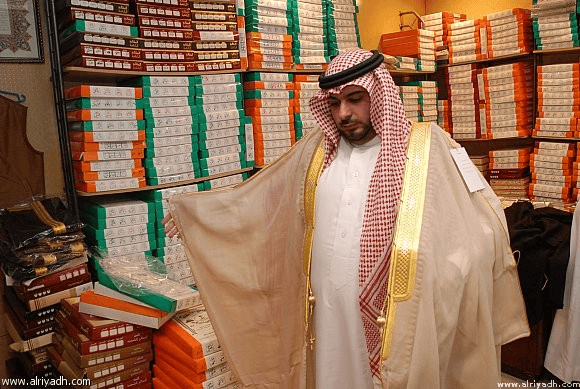
Cream color bisht
Camel yarn makes the most expensive fabric, the next best is lama wool, and ordinary wool material is used for quality but more affordable bishts.
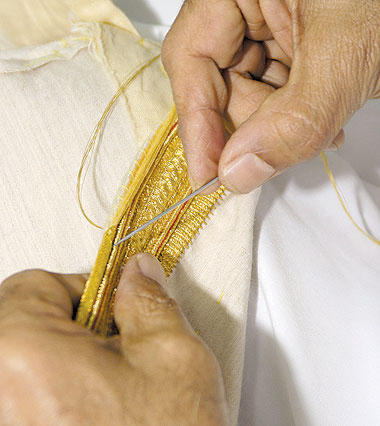
Hand embroidery with gold thread for a bisht of the best quality
Image source unknown.
Embroidering a bisht by hand is a fading tradition. Most are created by machine embroidery now, but people are trying to preserve the art.
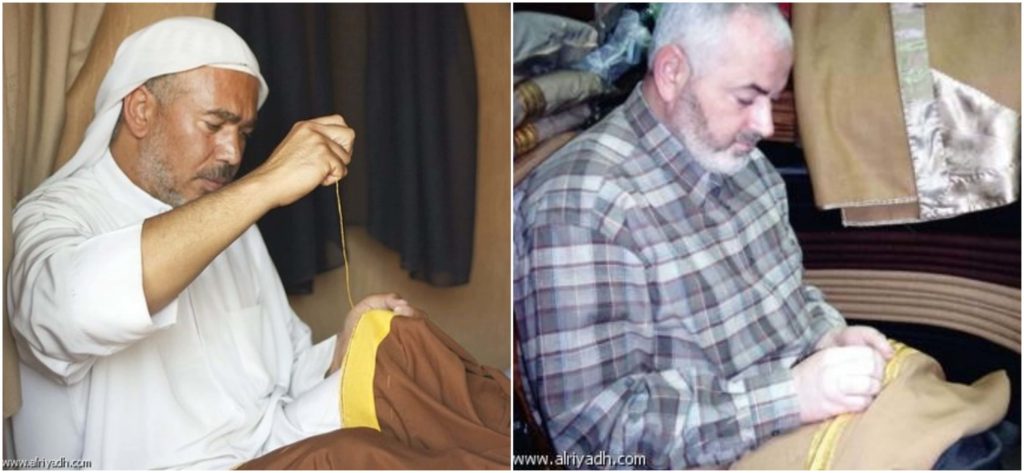
Bisht making process requires time and patience.
Regular quality handmade bishts require up to 10 days to be created.
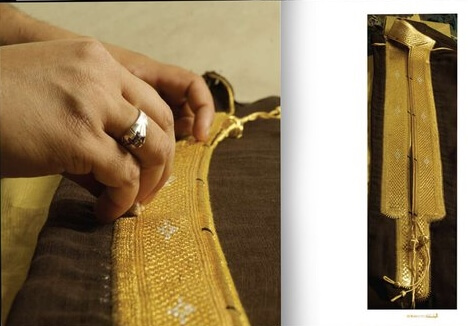
Golden thread embroidery on a coffee-brown bisht
Image source Al Bisht book by Al Waraqoon publishers
Prices for Hasawi style bisht (the one from Al-Ahsa) range from 1,500 riyals to 10,000 riyals (400US to 2700USD).
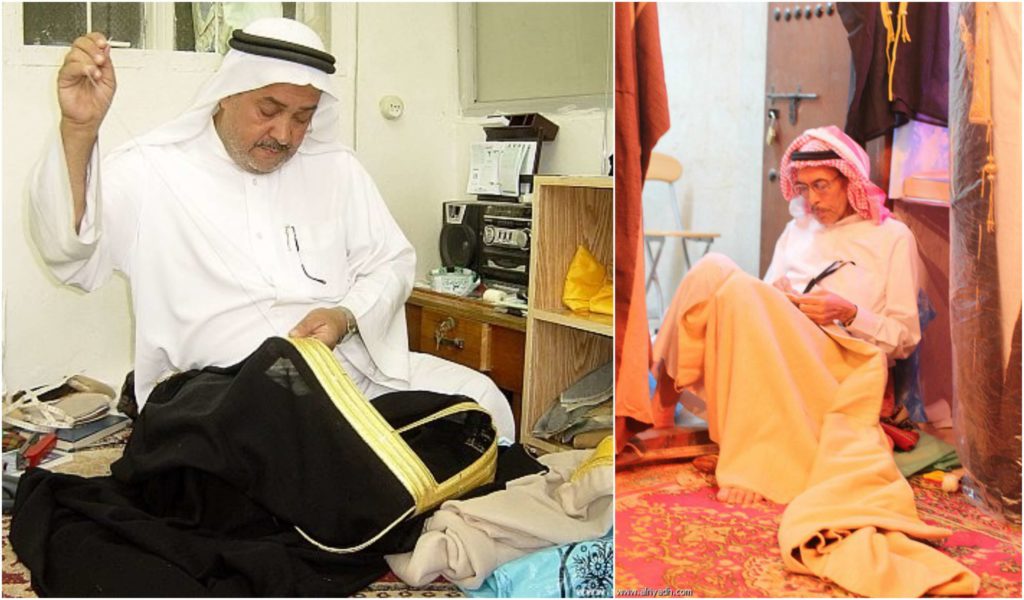
There are not many bisht handcrafters left, afte sewing machines have been introduced.
The art of bisht sewing is indeed a craft that is passed to further generations within the family.
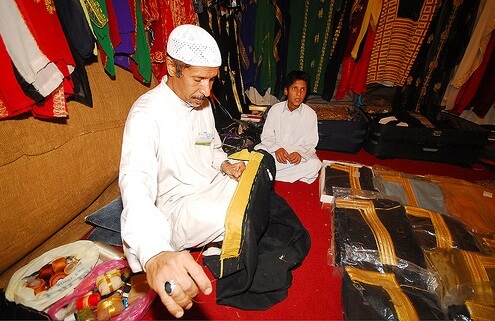
Hopefully this boy will learn the craft of bisht making from his teacher
Image source unknown.
This piece looks like a warmer and thicker winter bisht.
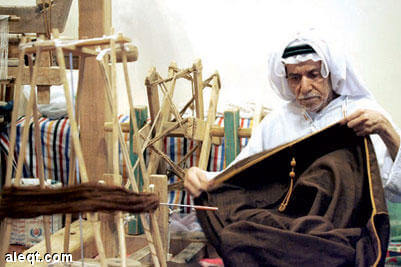
Old equipment is still used in the workshops.
The Saudi government has introduced classes where men can study the craft of bisht making and embroidery.
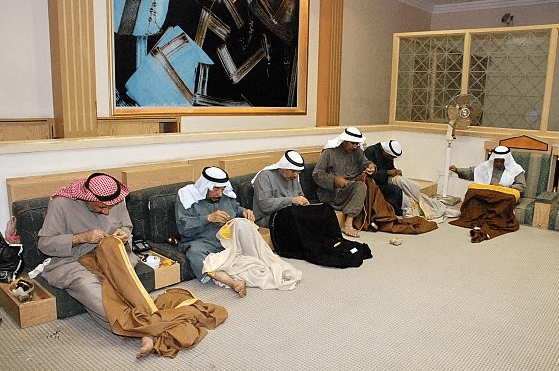
Students in the bisht making class.
For a sartorial look, when walking, the bisht is allowed to drape from the shoulders, one side is slightly gathered up and held under the left arm, while the hand is not in the sleeve. This leaves the right arm free for shaking hands.
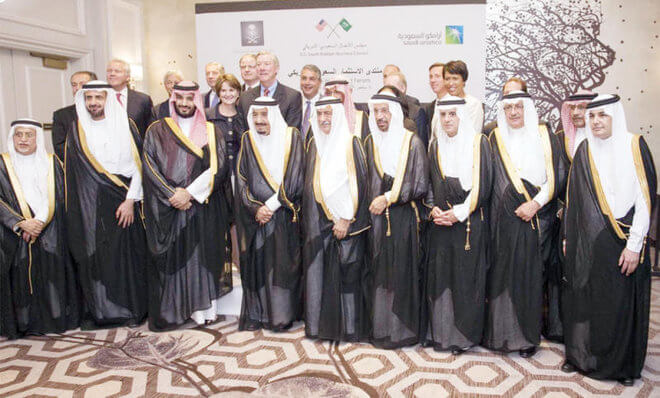
Elegant yet official way to wear a bisht
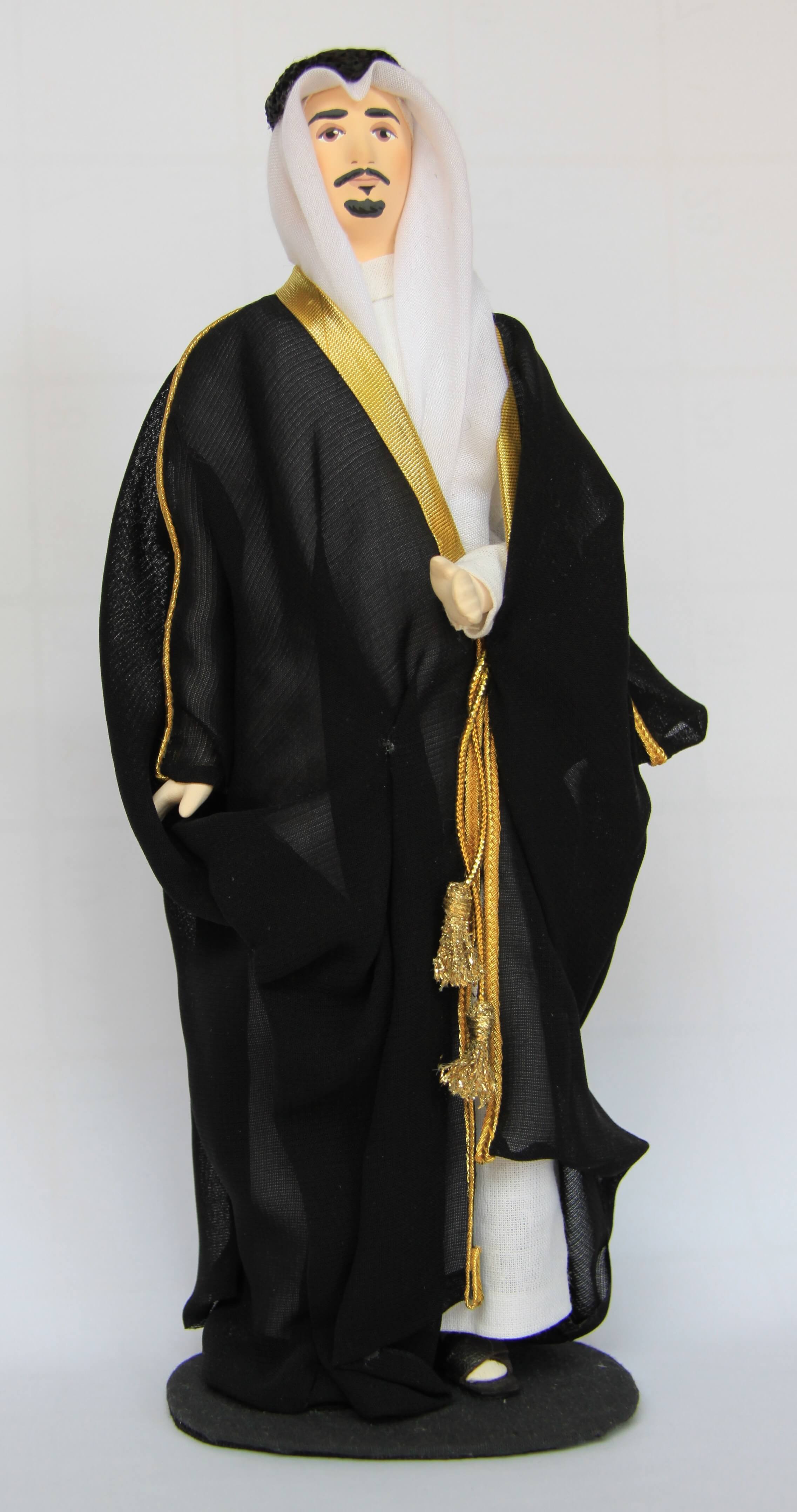
Traditional Saudi man formal dress (bisht).

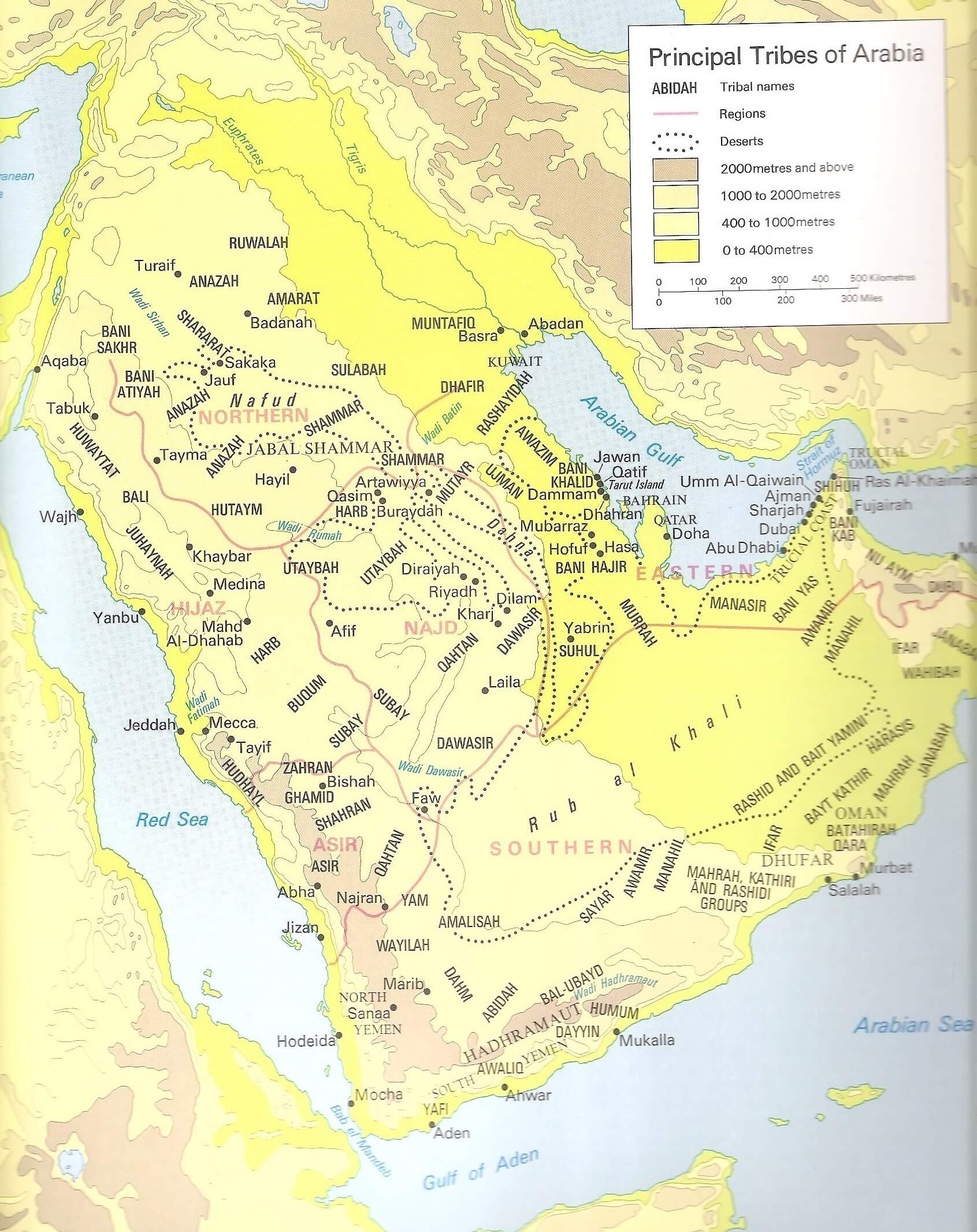
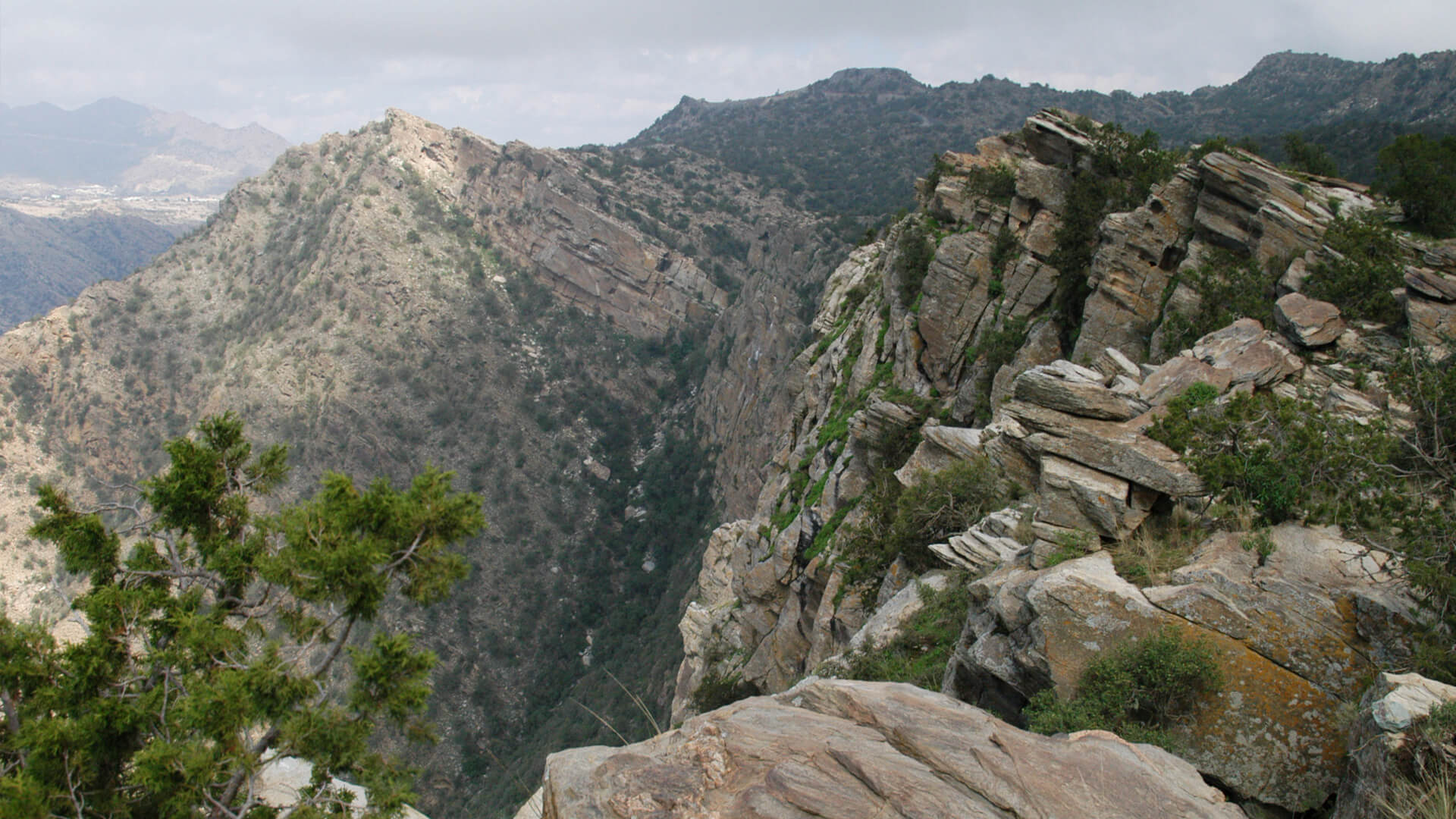
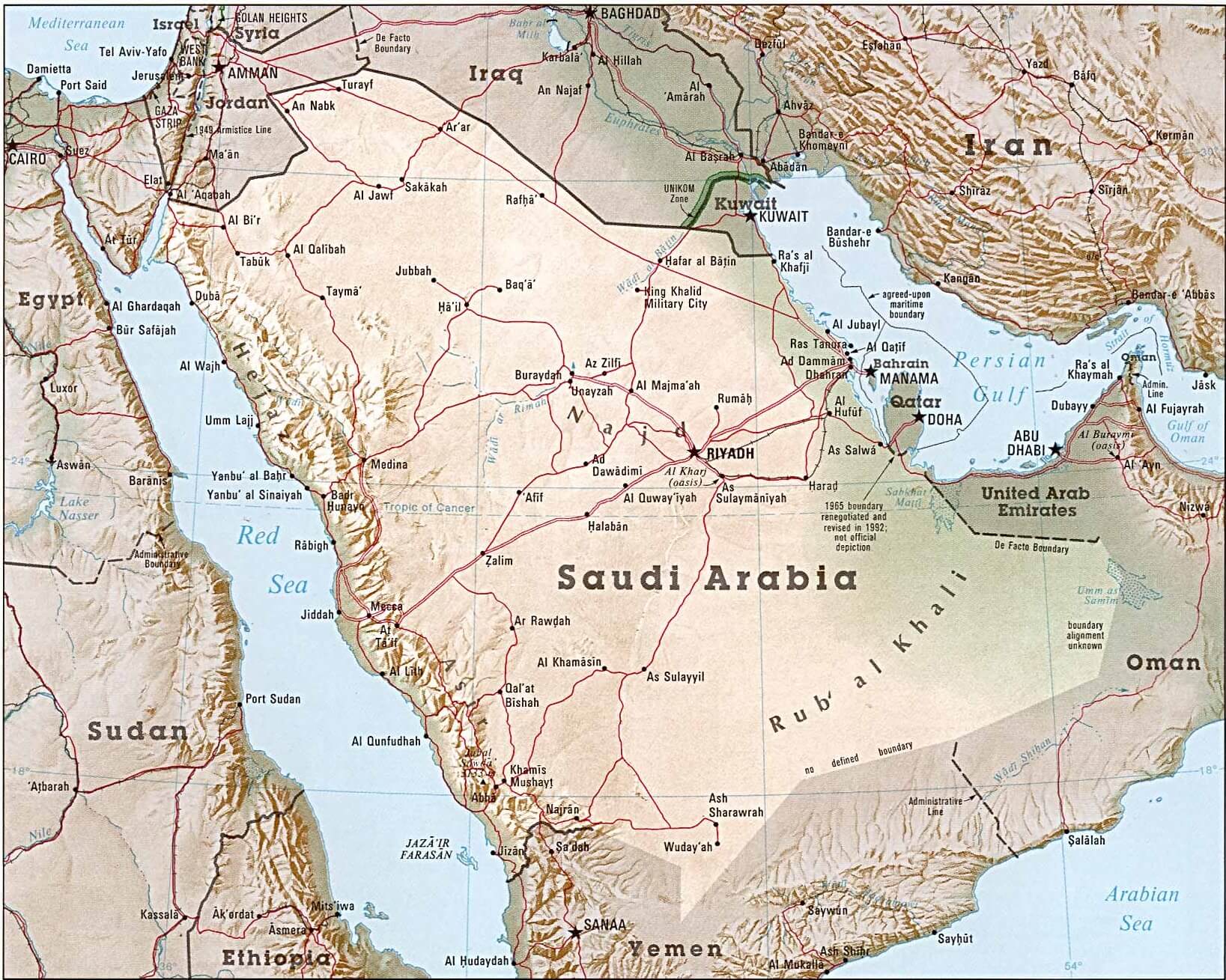
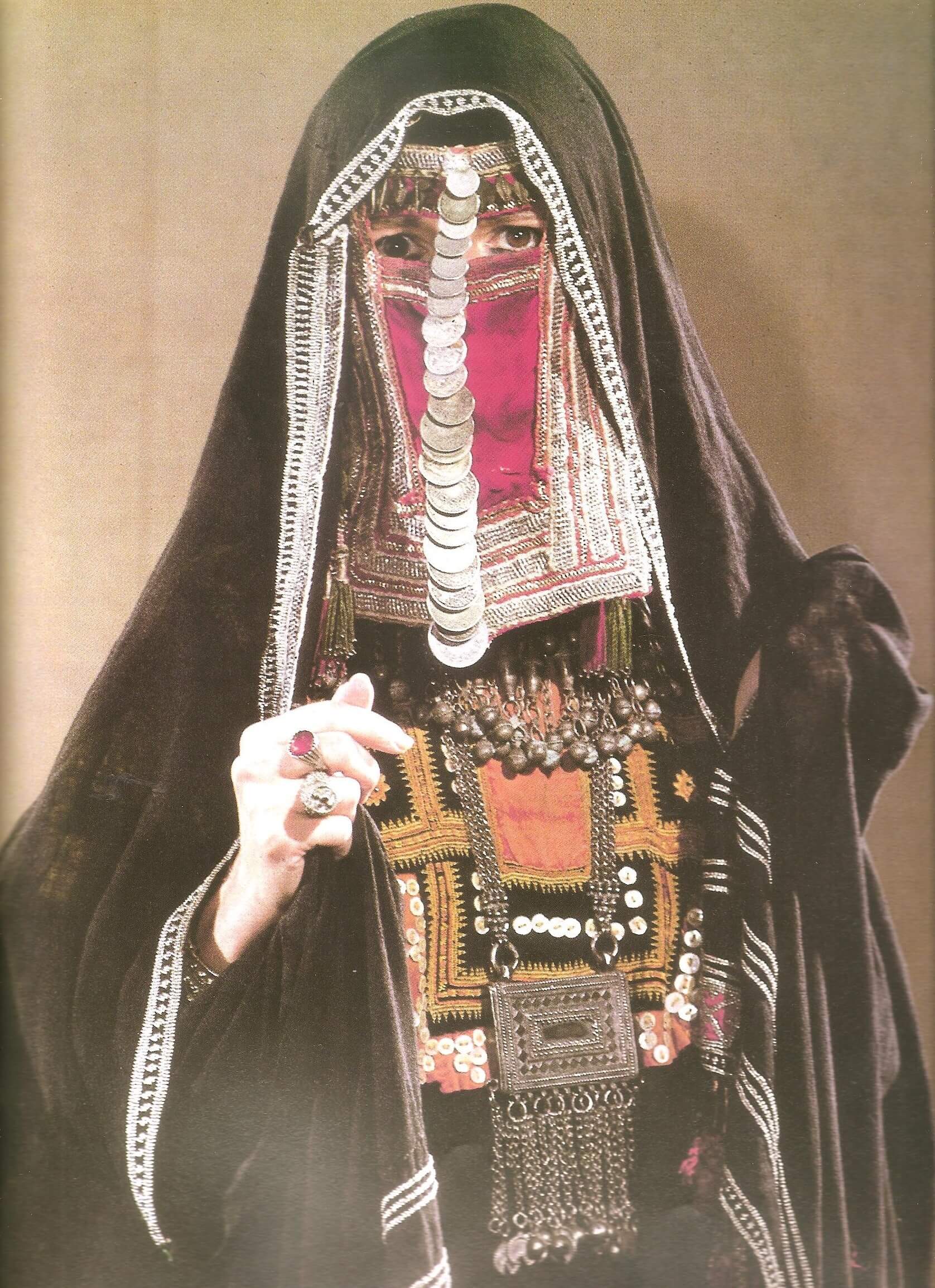
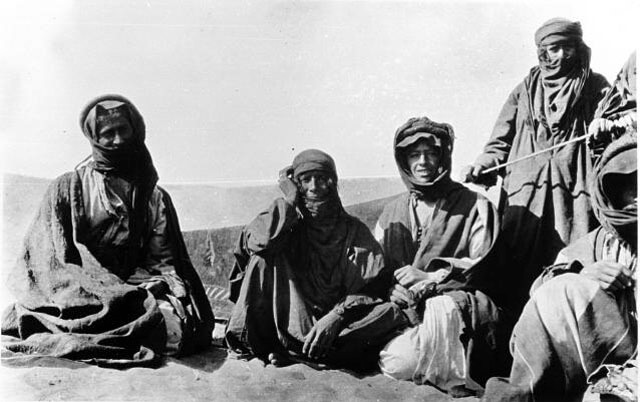
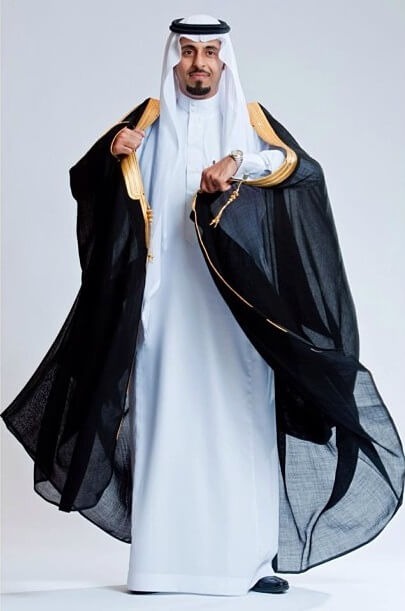
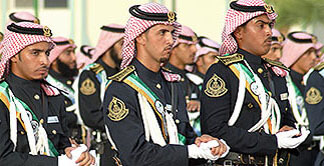
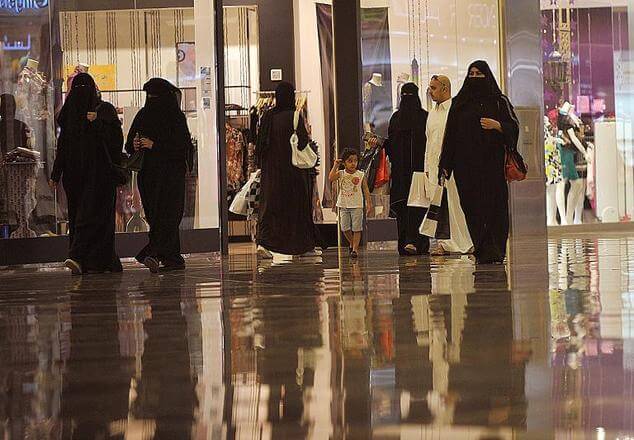
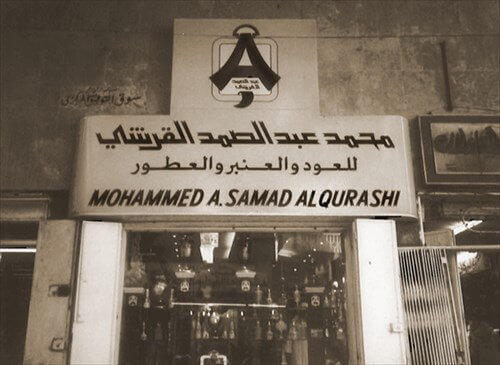
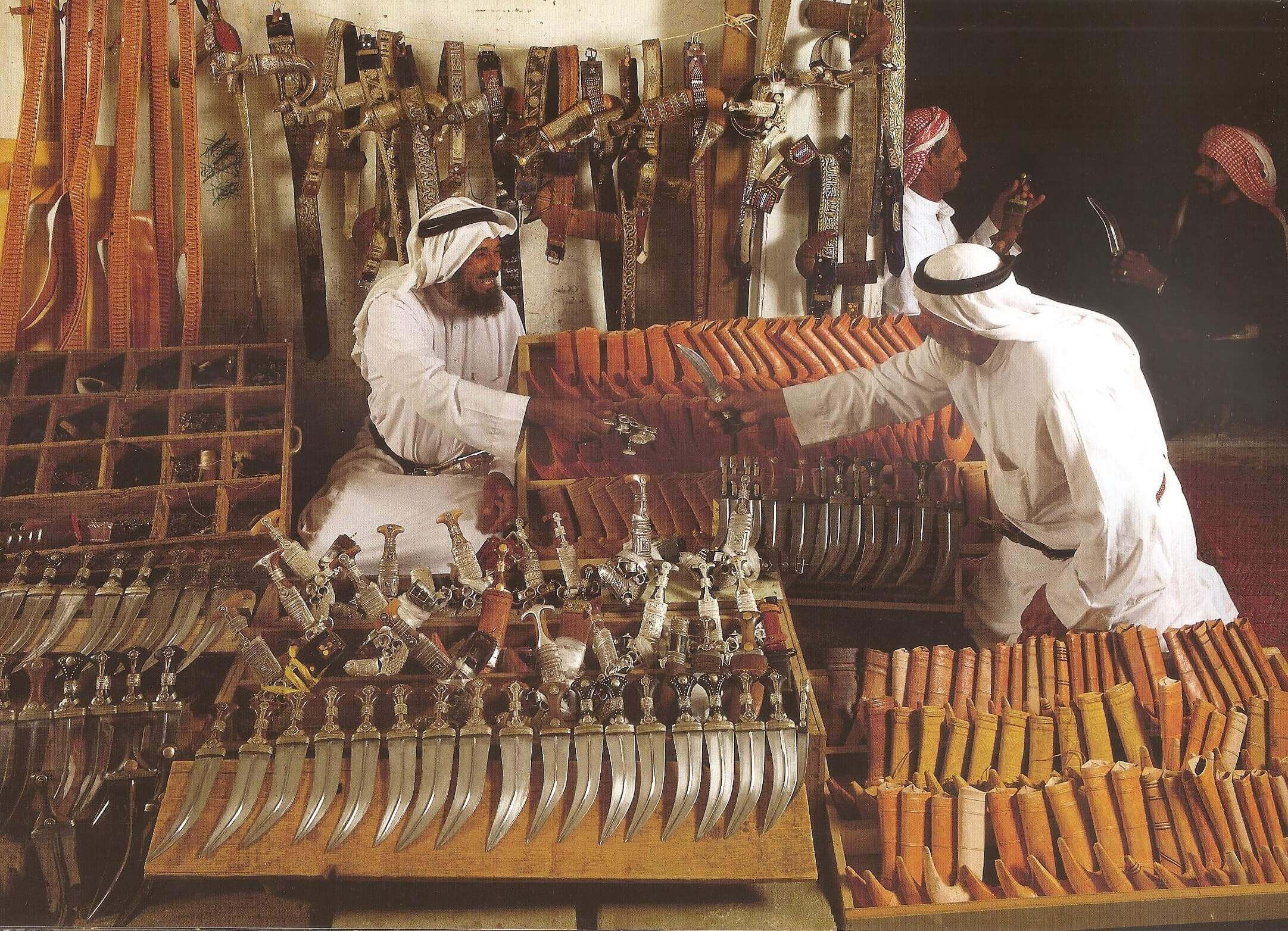
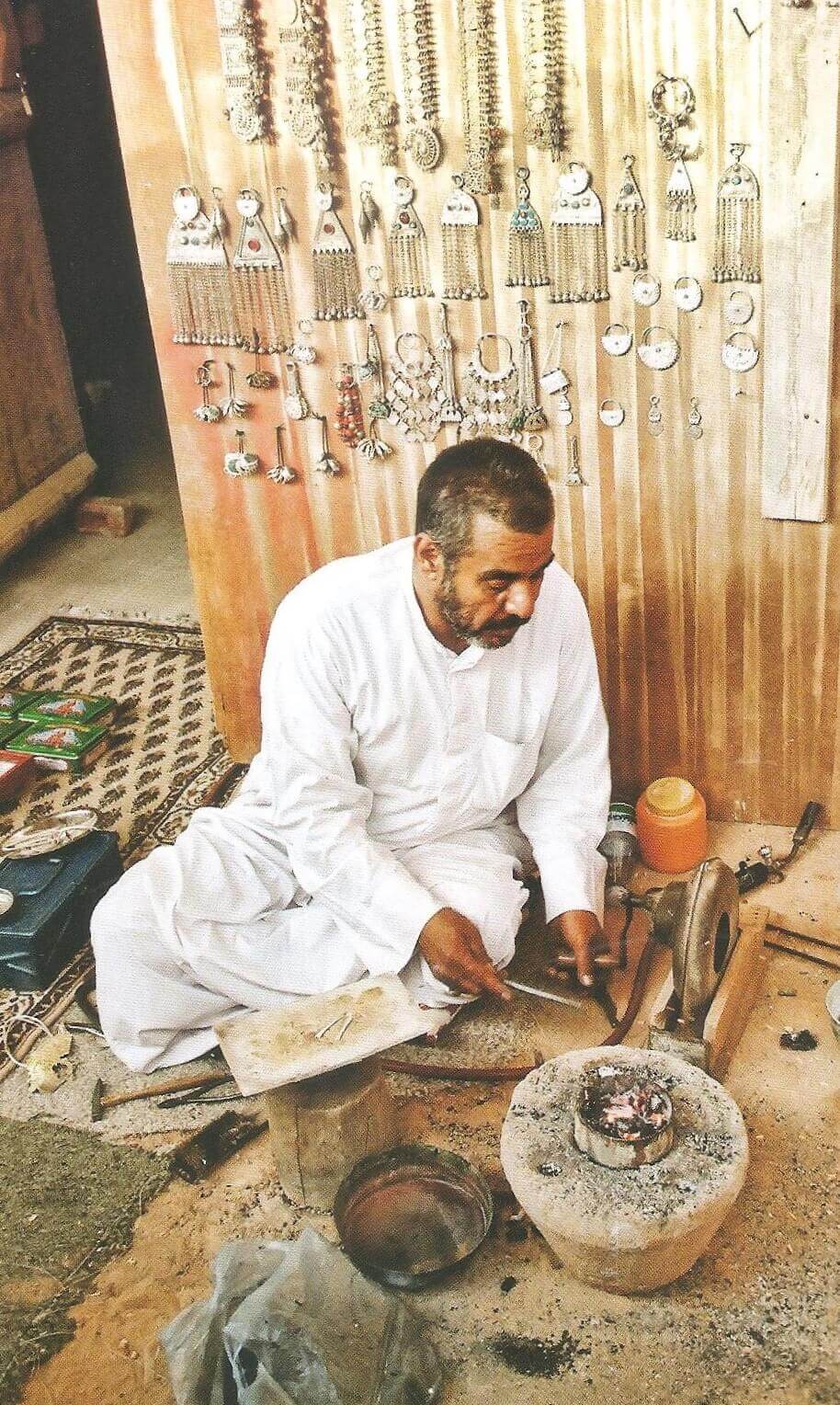
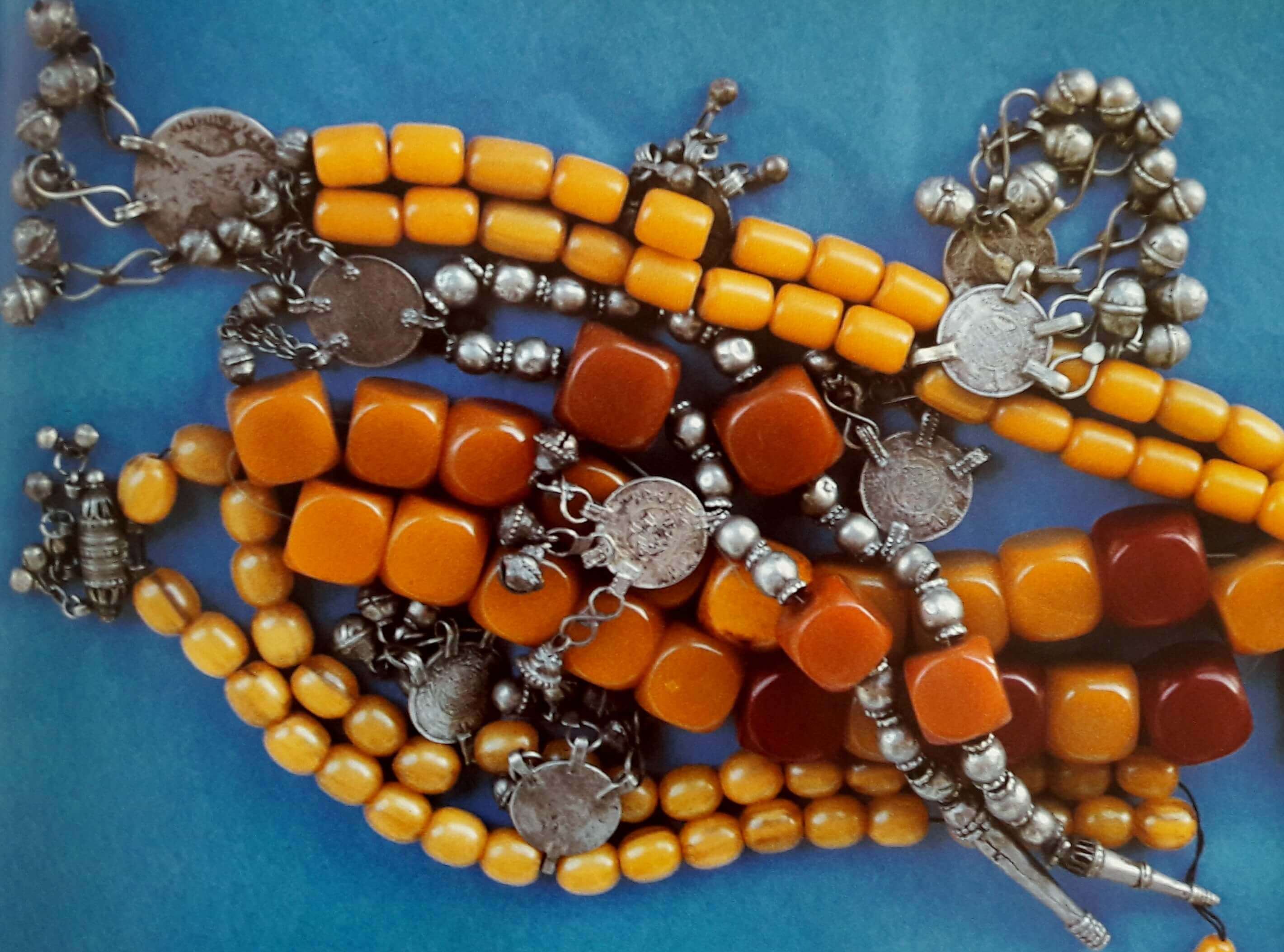
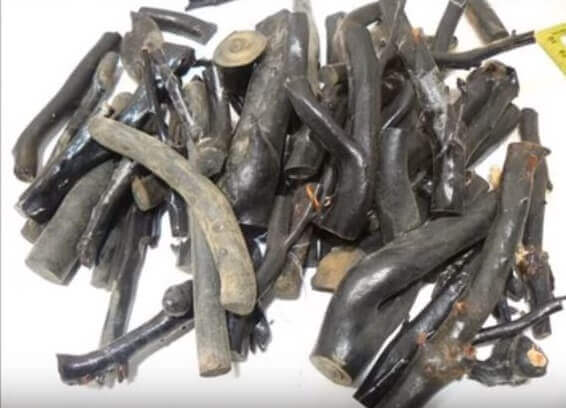
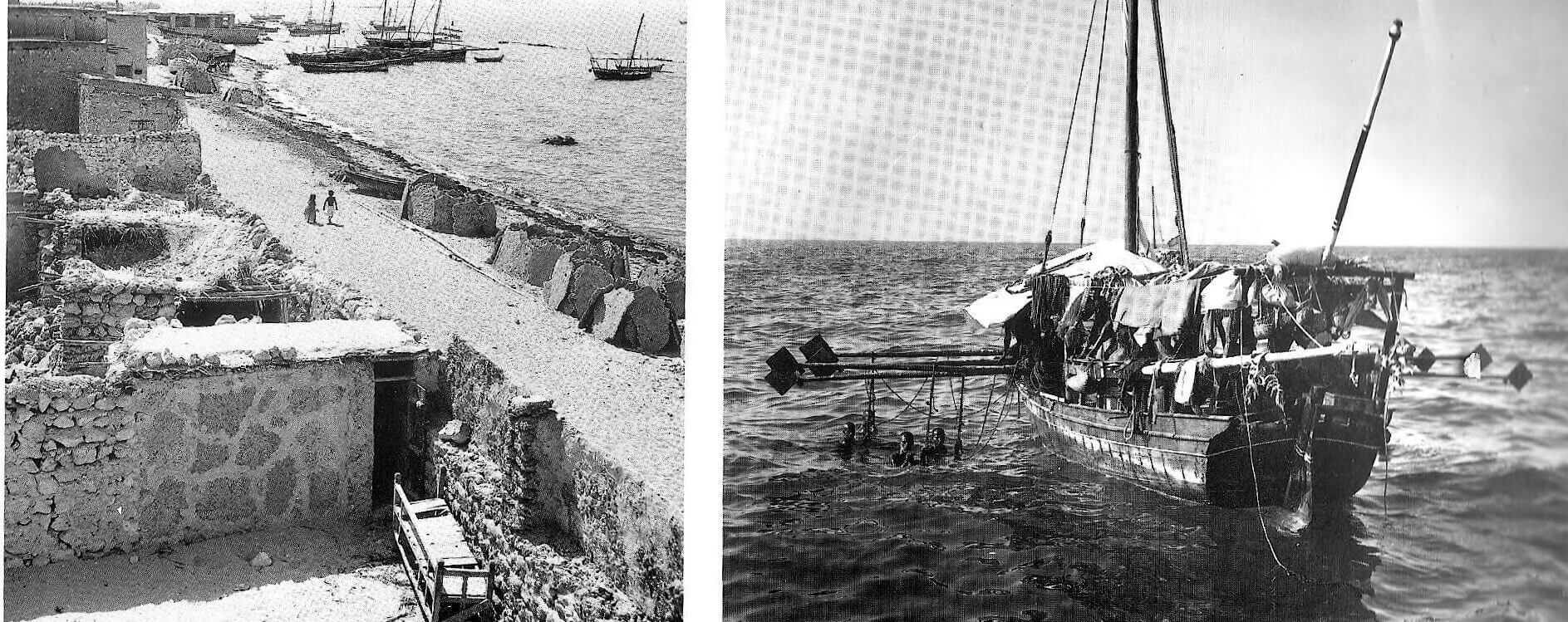

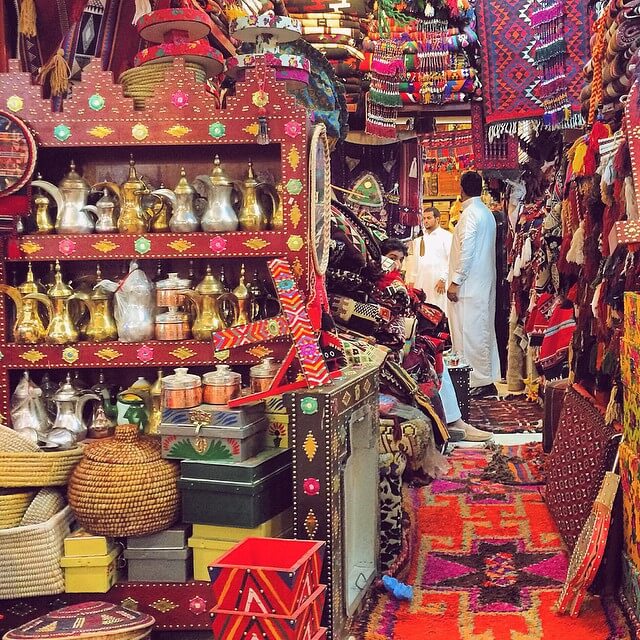
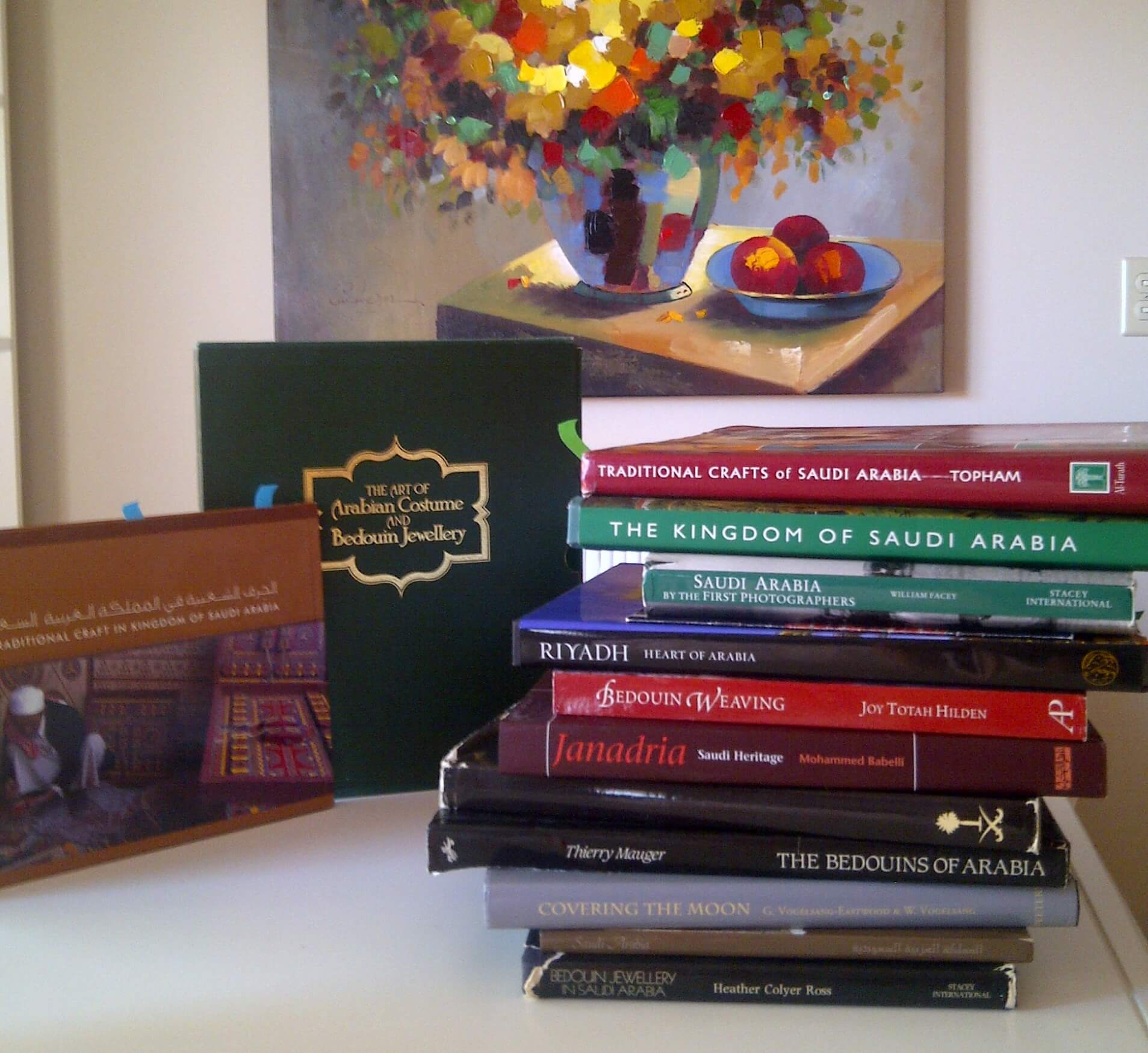
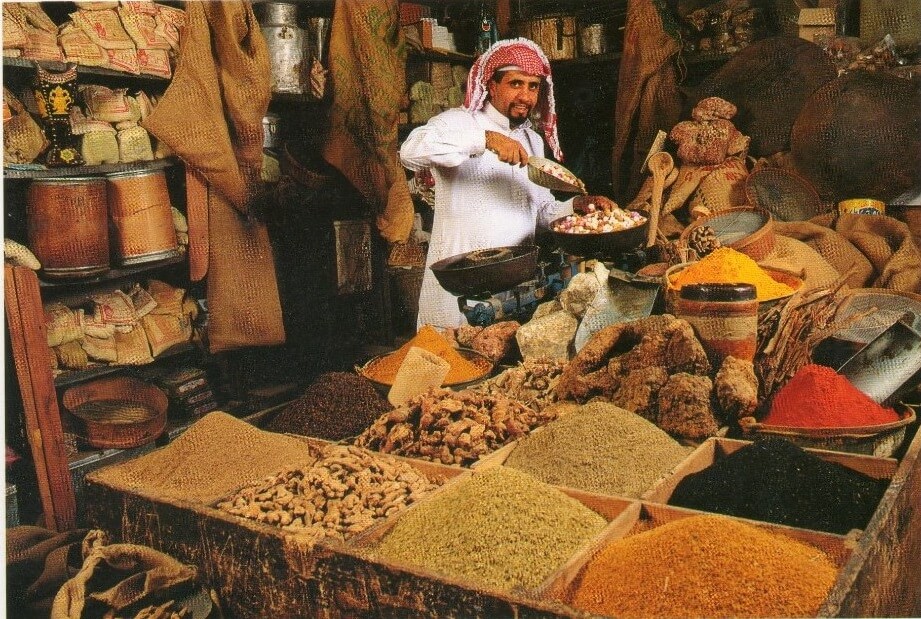
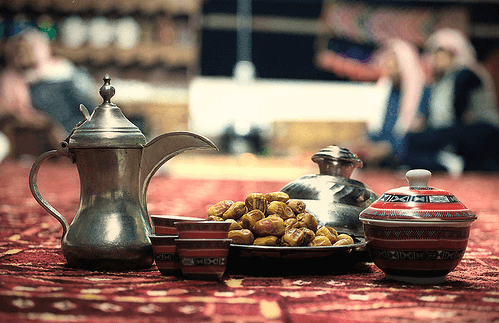
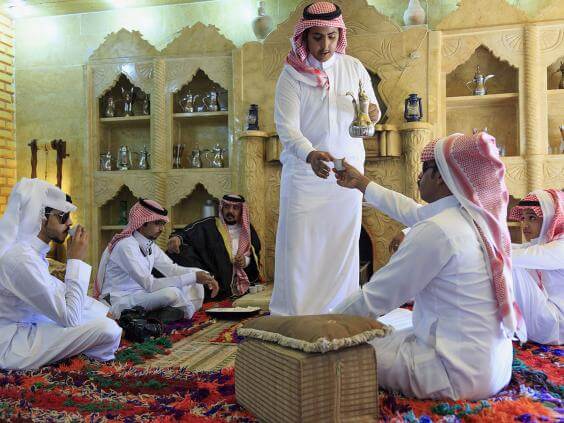
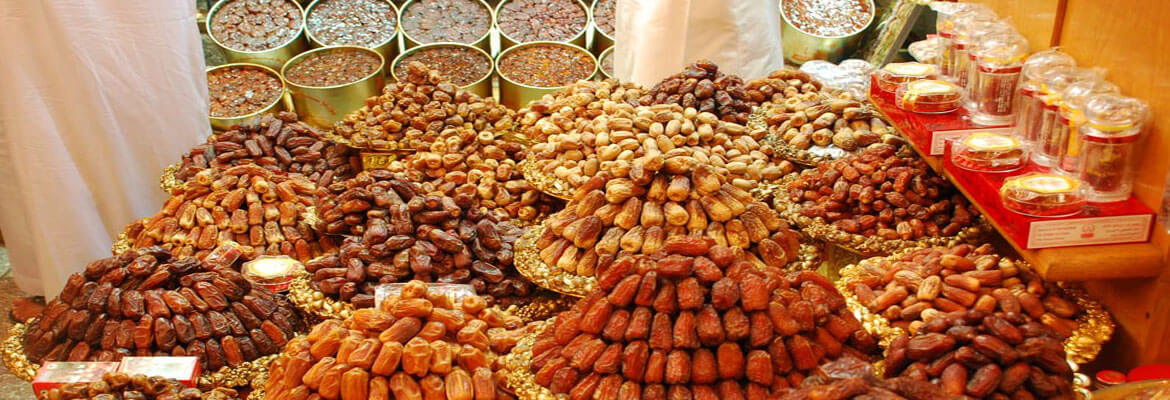
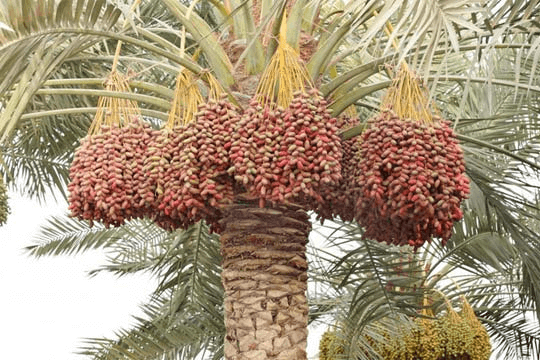
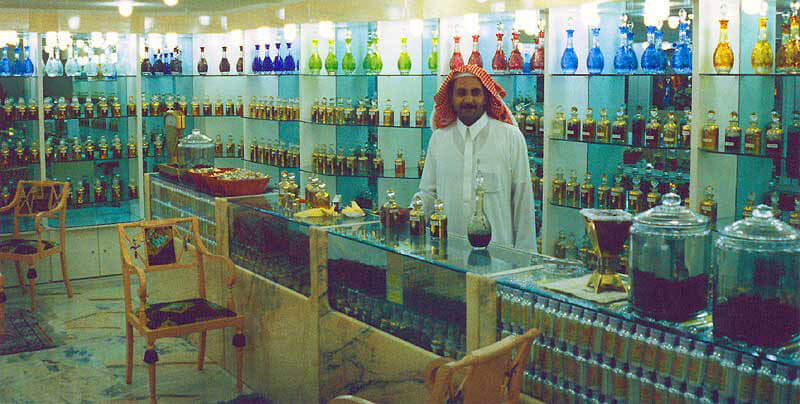
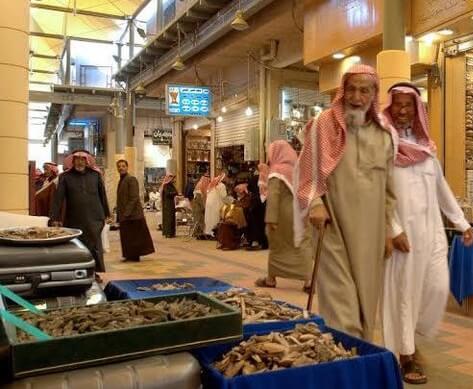
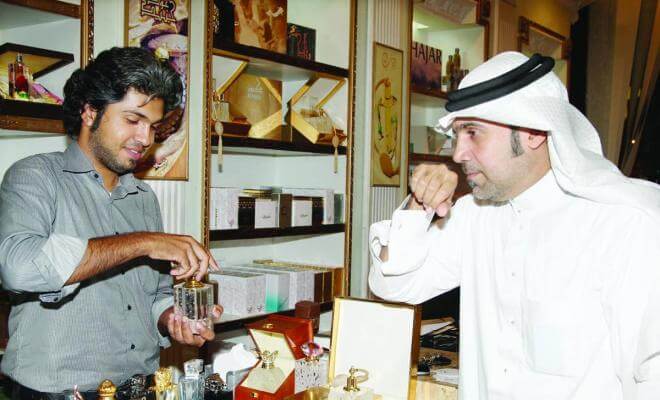
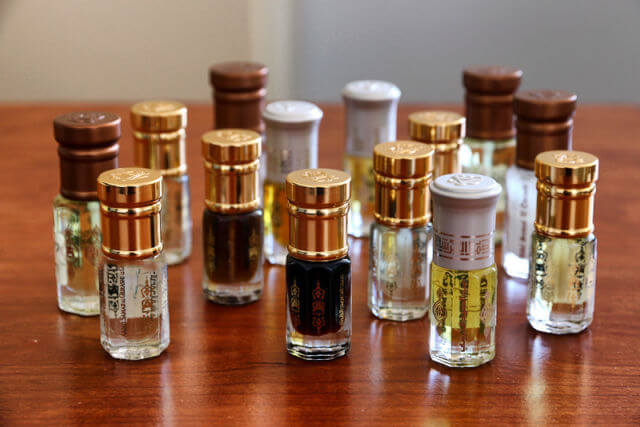


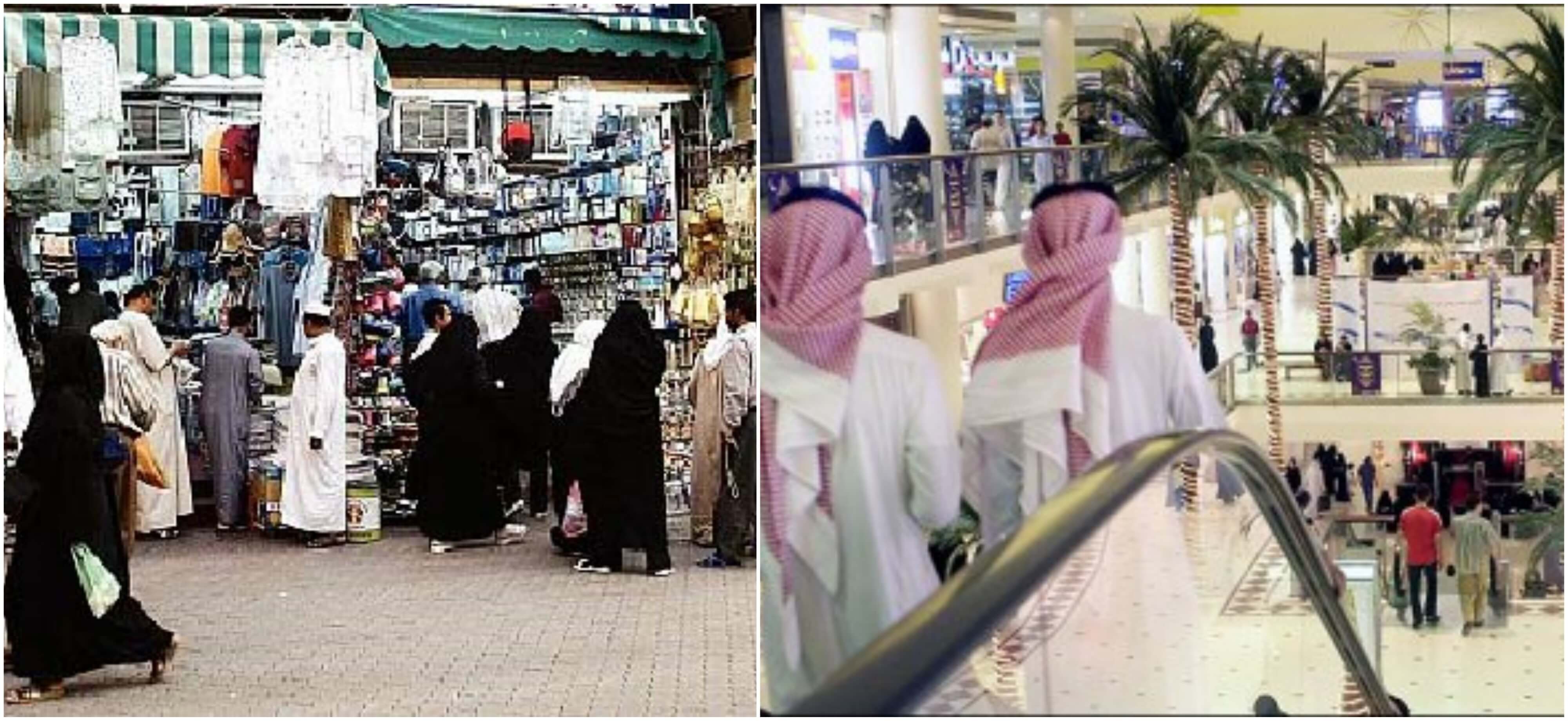
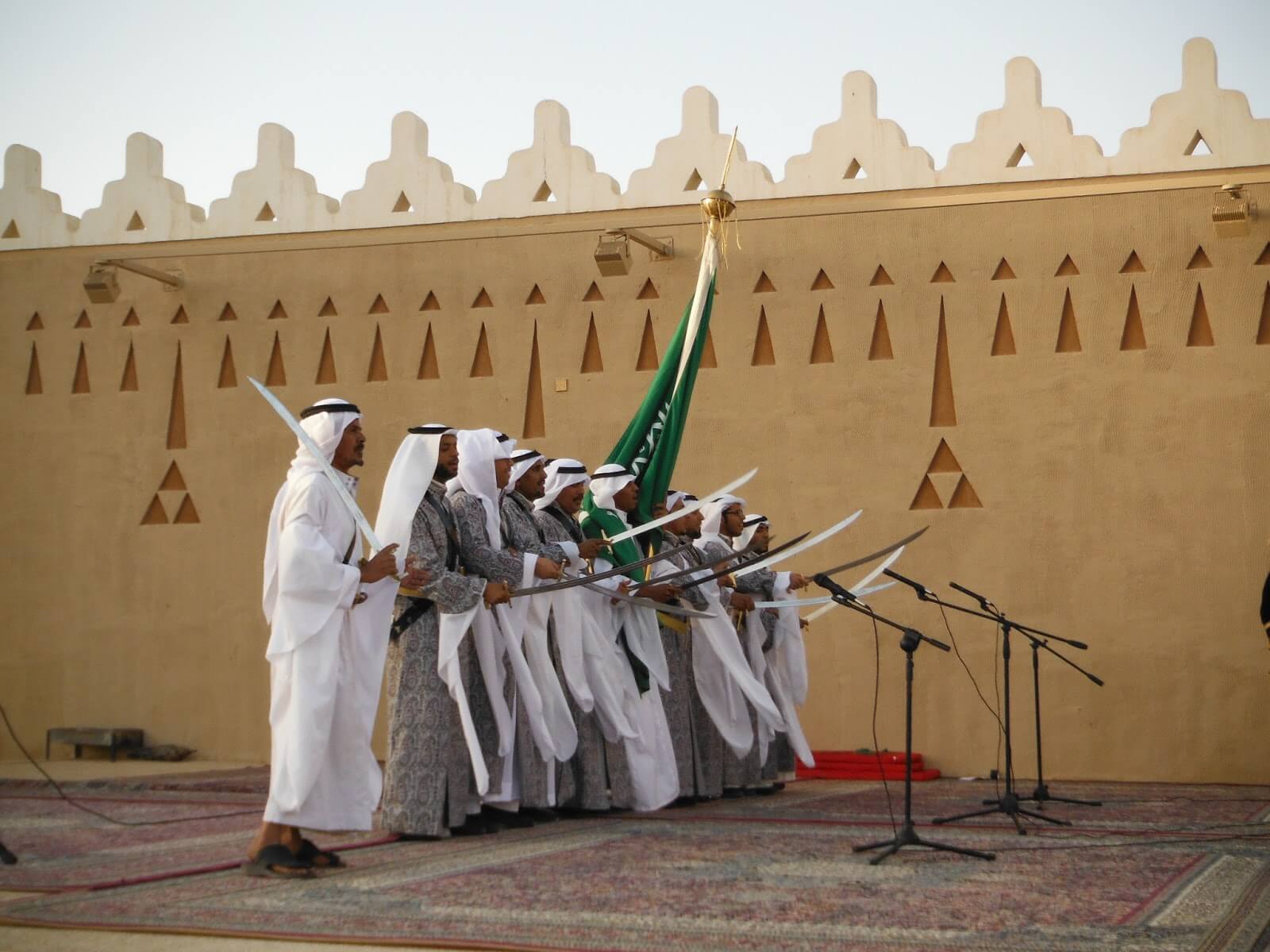
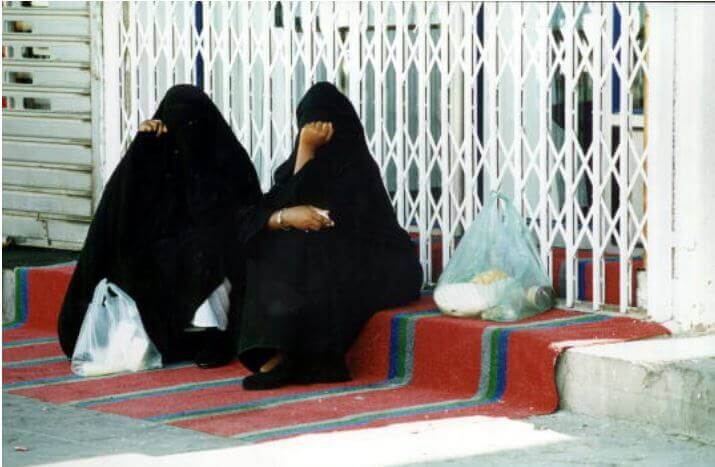
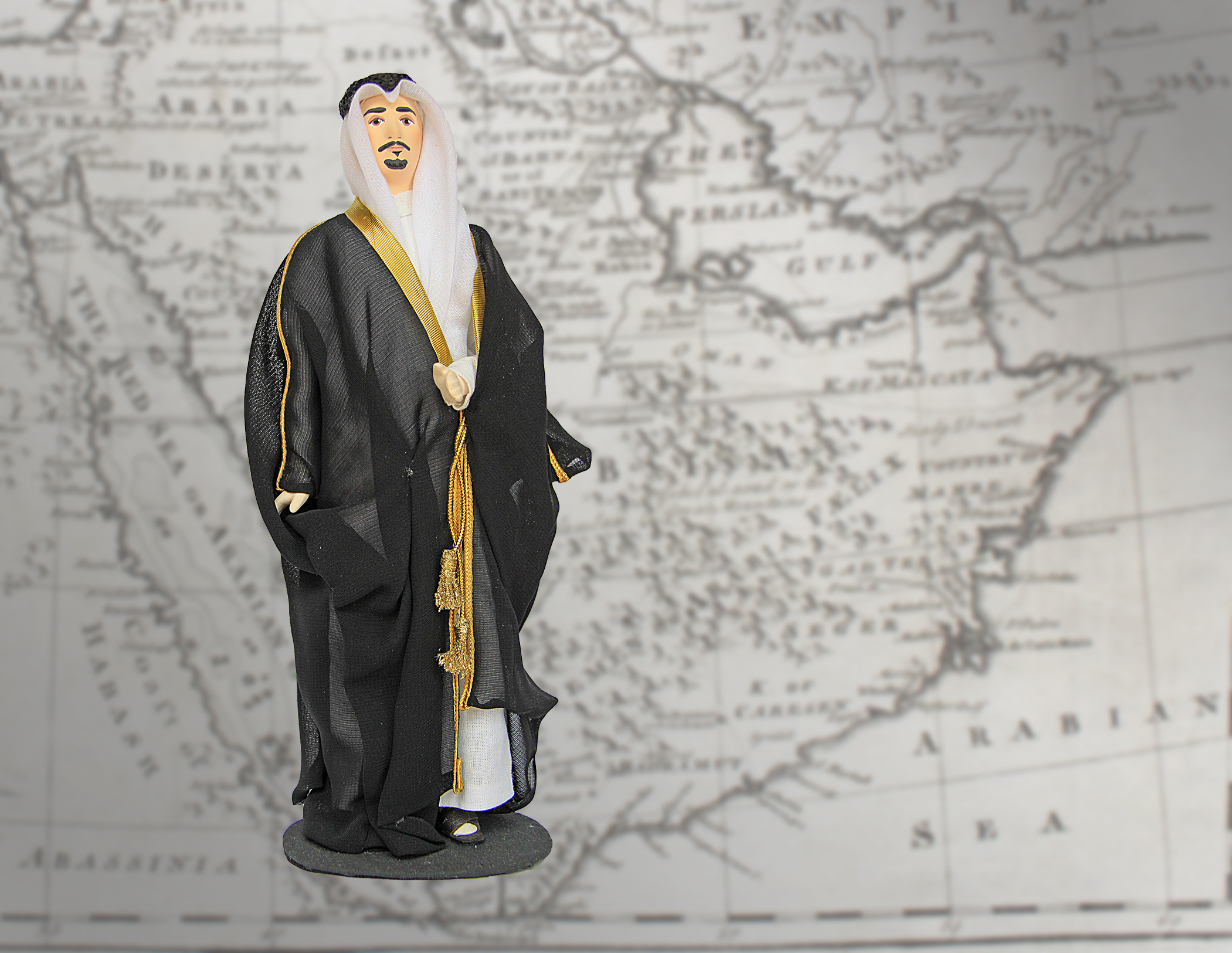
1 Comment
Qureshi
August 31, 2016Very impressive and informative.